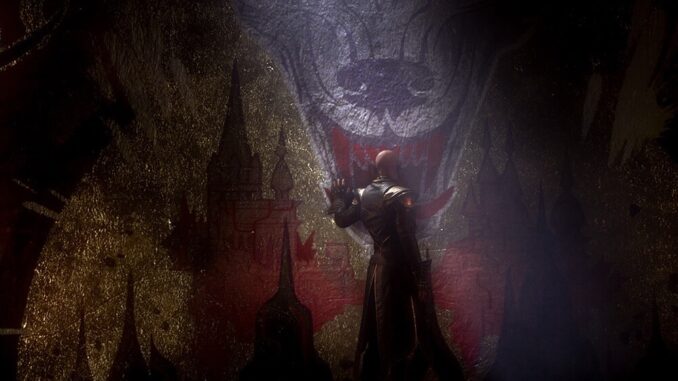
Dragon Age: The Veilguard was supposed to be BioWare’s “return to form.” A phrase harped on by many established video game outlets and journalists as launch day neared and reviews soared in glowing adoration for the next Dragon Age installment that doesn’t look or feel like a Dragon Age game. As Steam player numbers painted a less-than-stellar performance for Veilguard, mainstream media was quick to defend BioWare’s latest offering and damn the facts presented by content creators, social media influencers, and smaller outlets which focused on Steam’s metrics. But aside from Steam’s player count, other indicators strengthen the early claim that Dragon Age: The Veilguard could be another failure for BioWare.
Within a short amount of time, the mainstream journalists contrived a positive spin over Veilguard’s Steam player numbers. The prominently echoed phrase, “biggest single player launch on Steam” overlooked the fact that Veilguard was the first BioWare game to be released on Valve’s platform in seven years. Like good little ostriches burying their heads in the sand, journalists didn’t want to compare Veilguard with the giant success that is Baldur’s Gate 3 which, a year after its release, still outperformed Veilguard on its opening weekend with 101,093 players compared to Veilguard’s 89,418.
IGN Director of Video Content Strategy Destin Legarie was quick to suggest that it was too soon to call Veilguard a failure stating on his X account,
“Ok it’s the first weekend and concurrents for Dragon Age: The Veilguard are up. 82k peak atm.
I don’t see how y’all can look at this, compare it to outliers that broke records, and call it an L.
Not every game needs to make ALL the money. Some of the money is pretty good too.”
Bloomberg reporter Jason Schreier taunted critics by simply stating, “Go woke, go bro— err, top the charts” while posting pictures of the Steam player count and top selling charts.
Are Legarie and Schreier, along with the rest of mainstream media, correct?

Maybe.
Yet, it’s hard to call Veilguard a success solely based on it being the #1 Top Selling game on Steam. Especially when that position kept fluctuating throughout its opening weekend. Nor can the fact be overlooked that it struggled to get into the Top 10 games played on Steam, at #9, on launch day while spending most of that time outside of the Top 10 during its opening weekend.
Mainstream game journalists saying that it is too early to say, or that the Steam data is good for the company, are not looking at the overall picture or simply ignoring it. Dragon Age: The Veilguard has been in development for nine years. That’s nine years of paying employee salaries, combined with the marketing budget, which those two alone would have racked up the game’s overall budget. One could look at Concord which is rumored to have cost around $400 million and that game took eight years to develop. It was developed by Firewalk Studios which had anywhere from 150 to 210 employees whereas BioWare, a much larger company, has seen a high turnover rate and even fired 50 employees which was around 20% of its workforce back in 2023.
Safe to say, the game budget for Veilguard has to be in the hundreds of millions. Especially since the team working on Mass Effect was brought in to help finish Veilguard during the final stretch. All of this is to say that, for a AAA game, Veilguard’s launch day and opening weekend performance is not indicative of a AAA game with the marketing to back it up. That its performance on Steam is not reflective of its brand recognition, developer’s name, and EA’s behemoth status in the industry.
However, it is not just Veilguard’s underwhelming performance on the PC platform that is an indicator for the early claim that it is failing. Look at social media and the continued sharing of gameplay clips featuring scenes that are being pointed to as examples of Veilguard’s poor writing that has resulted in cringe moments. From the poorly written and executed Harding first kiss scene to the coming out scene and the push-up scene, these are just some of the clips being shared and mocked on social media.
Whether BioWare, EA, games journalists, and Veilguard fans want to admit it or not, such clips will have an impact on future sales when it comes to the average gamer and general audience.
As for sales, there have been rumors regarding pre-order numbers for Dragon Age: The Veilguard. According to YouTuber EndymionTV, who posted on X, an unnamed industry insider, who works in the retail space, stated that a major store in America, with over 900 locations, saw a cancellation rate of around 14% across all platforms for the physical copies of Dragon Age: The Veilguard. In addition, according to another unnamed source, overall pre-orders were around the 200k mark.
While the retailer wasn’t named, one of the only major retail chains in the US with 900 locations that sells video games would be Best Buy. Though there are other stores with far more locations.
Of course, these claims are unverified and should be taken with a grain of salt.
However, as noted in our news article about Veilguard failing to reach 100k concurrent players on Steam, we also pointed out the spike in Steam refund requests during Veilguard’s opening weekend. On November 2nd, 399,558 refund requests were made. While there is no way of knowing how many of those were for Veilguard, the spike in those requests are highly coincidental. In fact, the only other major spike for Steam refunds happened to be August 20, 2024 around the same time that Black Myth: Wukong and DEI darling Dustborn were released which saw 478,243 requests.
If that weren’t enough, there is BioWare’s own actions immediately following Veilguard’s release. We know that the Mass Effect team was brought in to help the Dragon Age team finish Veilguard. But, right after the game’s release, it was announced that there were no plans for DLC or expansions and that, instead, the Veilguard team would now be working on Mass Effect 5.
Shifting focus or bringing in other teams to work on a game is not surprising. But combined with the fact that there are no plans for DLC is quite a red flag. Could BioWare have seen the pre-order numbers and determined that, for now, it wasn’t worth developing and releasing any DLC until, at the very least, those numbers improve? What about the possibility that BioWare is desperate to get the next Mass Effect game out as quickly as possible?
The latter is plausible considering that BioWare’s last two games didn’t do well. Mass Effect Andromeda and Anthem were both flops. Andromeda took around four years to develop with a team of 100 developers and cost $100 million. BioWare’s Anthem, on the other hand, was developed in 15 months, allegedly cost $35 million, and sold 5 million copies, 2 million during launch week, only to barely break even.
Looking at those two examples provides a barometer, of sorts, about what EA and BioWare might be expecting Dragon Age: The Veilguard to reach in terms of sales (certainly more than 5 million copies). Sales that are being hampered by the aforementioned factors but further hindered when Mass Effect project director Michael Gamble, who posted a series of tweets on X, which included a comment about the game’s visuals when responding to a user’s comments about Veilguard’s,
“I’m not sure I agree with the Pixar thing, but Mass Effect is photorealistic and will be as long as i’m running it.”
Veilguard’s departure from the dark and gritty look the Dragon Age franchise was known for is one of the reasons for criticism from fans of the franchise and was immediately pointed out when the reveal trailer launched. But to have a high level BioWare employee say such a thing isn’t a good look for the company and for BioWare’s newly-released game.
It would not be surprising for Dragon Age: The Veilguard to sell a minimum of 1.5 million units during its first two weeks (according to SteamDB Veilguard sales numbers/ownership ranges from 163k to 479.5k). But what about in the following weeks and months? Veilguard’s failure to break through Steam’s Most Played list during its opening weekend is definitely concerning for its sales potential. Granted, interest in Veilguard could grow but, with how quickly its momentum was stymied, is highly unlikely.
There are too many factors going against Veilguard for it to see an explosion in sales should it experience a significant decline in sales over the next couple of weeks that slows to a trickle. The only way to boost sales would be if EA and BioWare decide to drop the price for the holiday season in an attempt to bolster those numbers. But with the game’s departure from the Dragon Age franchise, the poor writing, and limited gameplay compared to previous games, the Dragon Age game that is not a Dragon Age game will be a hard sell to the general audience that is living during a recession and seemingly-tired of anything that might be considered “woke.”
Yes, BioWare games have always had a bit of the “woke” factor in them. But those games had better writing and plot driving them forward. Veilguard does not. Instead, the game’s writing and tone feels and sounds as if it was written for children looking to play a pretty, colorful game rather than adults looking to enjoy a dark and gritty fantasy game (we recommend Boycotting Dragon Age: The Veilguard). Why else would BioWare purposefully exclude spiders from the Dragon Age: The Veilguard?
Suffice to say, Dragon Age: The Veilguard is on track to be the next big flop in BioWare’s cap. The real question is, will it be three strikes and you are out for BioWare? Or will it all hinge on Mass Effect 5 which the Dragon Age team is now helping to finish? And can consumers be convinced to purchase BioWare’s newest game?
Update: Schreier went on to delete his original tweet
Author’s Note: Support this site by donating via Paypal or even checking out our merchandise on RedBubble where you can find designs that cater to writers and readers. Money donated and raised goes into paying for this website and equipment.
Interested in posting this article, or another article, on your website? Check out our prices to make that happen – https://tinyurl.com/mrxa56pp
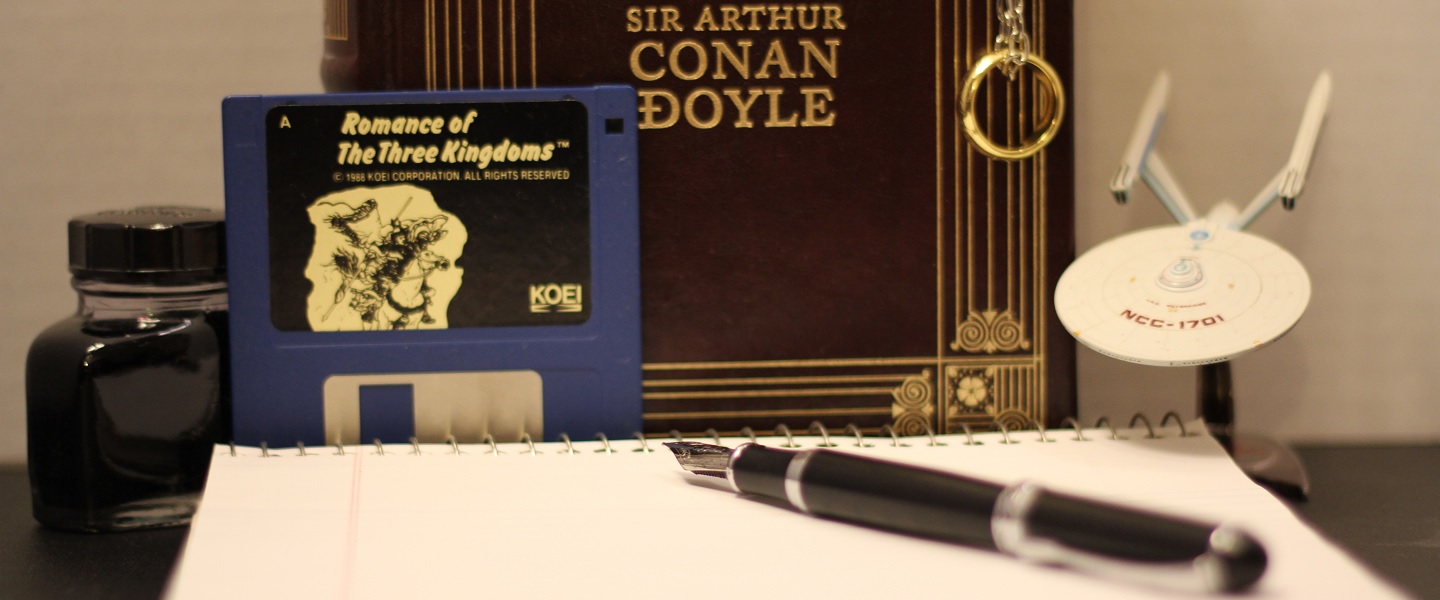
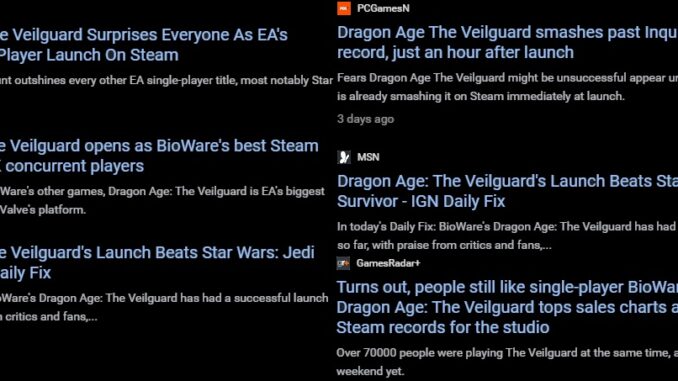
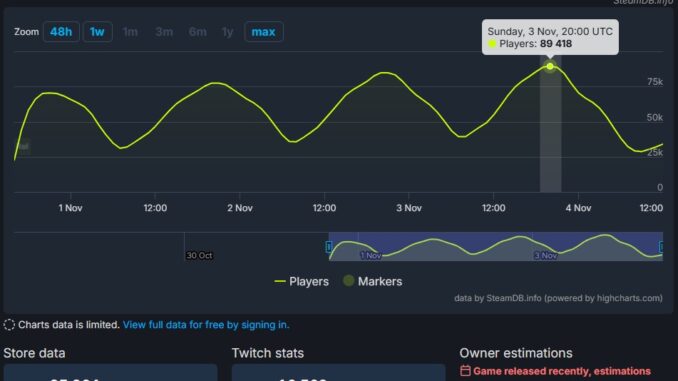
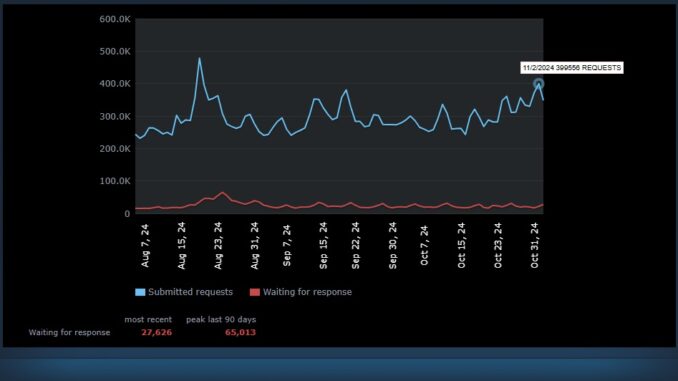
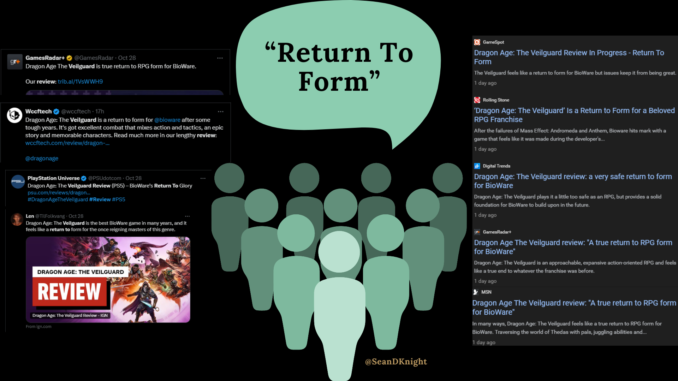
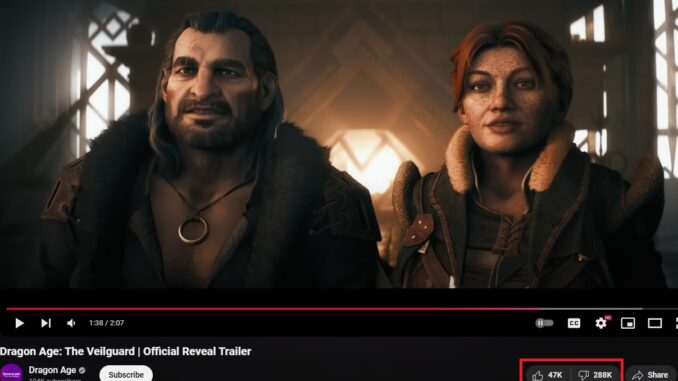
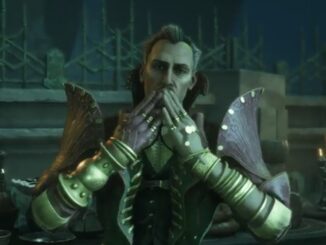
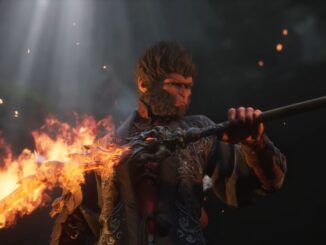
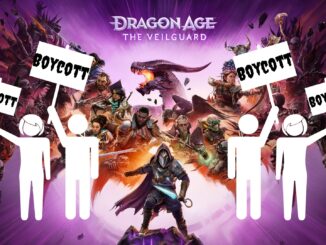
[…] [ November 5, 2024 ] Dragon Age: The Veilguard’s “Return to Form” Undermined by Disappoint… […]
[…] [ November 5, 2024 ] Dragon Age: The Veilguard’s “Return to Form” Undermined by Disappoint… […]
[…] The Game Awards 2024 is just around the corner and voting is open for those who want to see their favorite games win. As always, there tends to be snubs and flubs with every award show. Games that are expected to be on the list will be absent while games that shouldn’t be on the list will cause controversy. Yet others will get the pity trophy. For BioWare, and to the shock of many, Dragon Age: The Veilguard received a single nomination in a category that is more of a participation trophy for a game that journalists gleefully proclaimed was a “return to form” but fails to perform. […]
[…] reveals troubling trends for BioWare in the wake of the game industry’s declaration that it was a “return to form.” The game saw a sharp decline in its peak player count on Steam, dropping from 89,418 during its […]
[…] and reception has been speculated to be poor, despite mainstream media’s saying that it is a “return to form” for Bioware, based on player counts and estimated sales data on the Steam platform. According to an […]
[…] Repeating the same lines they said about Dragon Age: The Veilguard and going so far to recycle the “return to form” line and how Shadows has surpassed all other previous games on Steam. However, there are certain […]
[…] title Dragon Age: The Veilguard had a higher concurrent Steam player count during its launch weekend with 89,418 only to see a 77% drop one month later down to 19,715 players – outperforming […]